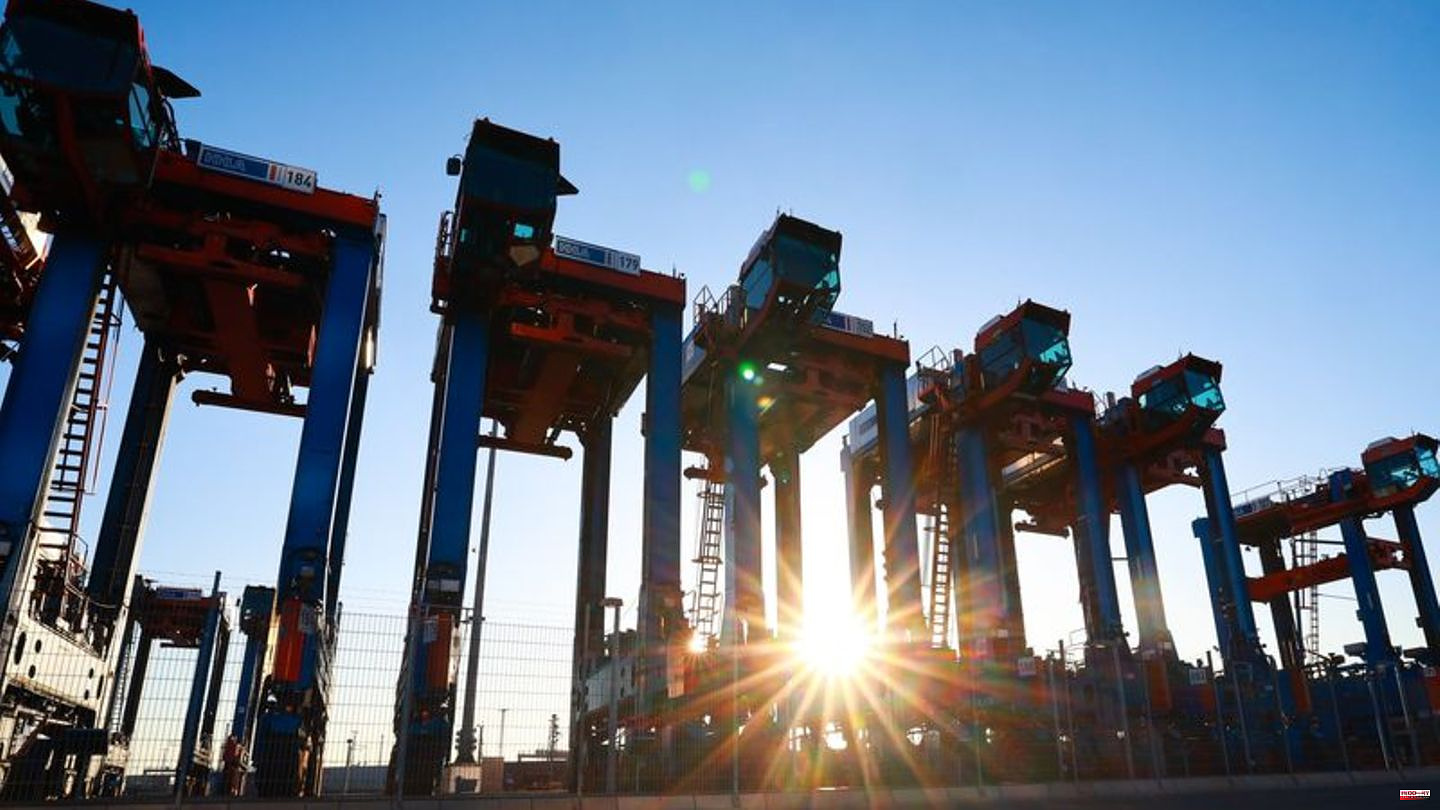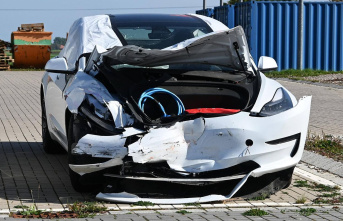Finance Minister Christian Lindner has ruled out tax increases in view of the controversial proposals of the economic experts. "The federal government will not additionally increase taxes," emphasized the FDP politician. The economy and the citizens are sufficiently burdened by the increased prices.
Germany is experiencing an economic slowdown and sharply increased prices. "What we have to do now is to avert damage to our economic substance, to keep jobs secure and to enable future investments," said Lindner. "And that's why additional tax burdens would be extremely dangerous in a phase of economic uncertainty." The federal government does not want to undertake such an experiment. Instead, they are sticking to relieving the burden on citizens.
Economy defends proposal on energy solos
The economists have defended their controversial proposal to pay more for top earners to finance relief in the energy crisis. The chairwoman of the council of experts, Monika Schnitzer, said in Berlin on Wednesday that the federal government's relief measures were not targeted enough. It would also relieve those who did not need it. That's why "too much money is put into the system". The state would have to take on more debt and inflation would continue to be fueled.
It's about an overall package of relief and burdens that really shows solidarity and is therefore on target. According to Schnitzer, this also serves to ensure fairness between the generations. "Our children shouldn't have to pay for everything." Germany is poorer due to the energy crisis triggered by the Russian war of aggression in Ukraine. "Someone has to pay for this." Higher burdens for higher earners should last until relief measures take effect. According to the current status, this is foreseeable until the beginning of 2024.
The economists had proposed a temporary energy solidarity surcharge or an increase in the top tax rate. This had triggered sharp criticism, especially from business associations. The general manager of the Association of German Chambers of Industry and Commerce, Martin Wansleben, said that a proposed temporary increase in the top tax rate would be a "slap in the gut" for millions of medium-sized companies.
Economists expect recession in 2023
Economic experts expect a slight decline in economic output in Germany in the coming year, primarily because of the energy crisis. In its annual report, the German Council of Economic Experts expects gross domestic product to shrink by 0.2 percent. The economists are somewhat more optimistic than the federal government. For 2022, the economic experts expect growth of 1.7 percent.
The Council does not expect any noticeable relief in consumer prices for the time being: According to the forecast, the inflation rate will be 8 percent this year and 7.4 percent next year.
The energy crisis and inflation weighed heavily on households and businesses, wrote the German Council of Economic Experts, which advises the federal government. Since the middle of the year, the sharp rise in energy and food prices has led to an ever-increasing loss of purchasing power and dampened private consumption. At the same time, the energy crisis is having a negative impact on production, especially in the energy-intensive branches of industry. The global slowdown is weakening export demand.









